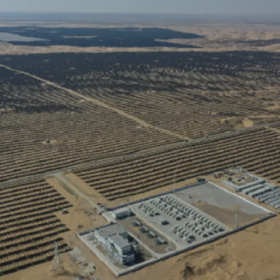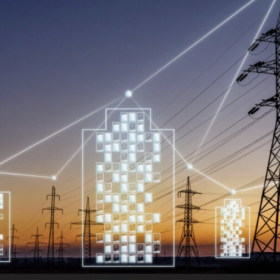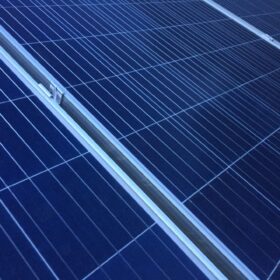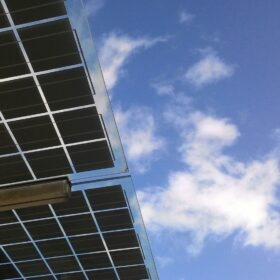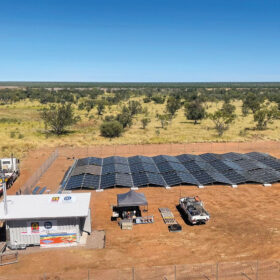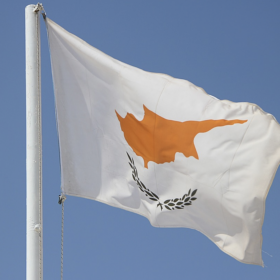China scraps energy storage mandate for renewable energy plants
In a major policy shift toward electricity market liberalization, China has introduced contract-for-difference (CfD) auctions for renewable plants and removed the energy storage mandate, which has driven up to 75% of national demand to date. S&P Global expects the move to reverberate through the global battery storage supply chain, further driving down prices already at historic lows.
UK T-4 auction clears path for nearly 7 GW of new battery storage by 2028
Out of 6.9 GW of prequalified battery energy storage systems (BESS), equal to 1.9 GW derated capacity, about 1.8 GW of derated BESS secured 15-year contracts in the UK’s T-4 auction – nearly double last year’s volume. Just a week earlier, the T-1 auction also set a record for BESS procurement.
Guyana opens tender for solar-plus-storage arrays on public buildings
The Guyana Energy Agency is looking for solar installers to transport, deploy and commission solar arrays with accompanying battery storage at selected public buildings located across four regions of the country. The deadline for applications is April 1.
Tesla lands tax abatement for Texas Megapack factory
County officials in Texas have approved a tax abatement for Tesla to build a factory for its Megapack utility-scale storage product in the Lone Star State. The final approval is conditional on an agreement with city authorities.
Sungrow unveils 5 kWh home battery system
Sungrow’s new residential battery energy storage system features a compact 182 mm design and is capable of handling a maximum charge/discharge current of 50 A.
Papua New Guinea opens tender for solar-plus-storage minigrid
The United Nations Office for Projects Services has kicked off a tender for the development and construction of a solar and battery storage minigrid in Papua New Guinea. The deadline for applications is March 24, 2025.
New algorithm for fault detection in renewables microgrids
An Iraqi-Canadian research team has created a new algorithm that can detect direction change in the line current of renewables-based microgrids. The novel approach can be applied to both grid-forming and grid-following infrastructures.
Could German PV energy communities participate in the balancing market?
The RWTH Aachen University has simulated 27 scenarios of energy communities participating in the balancing market in Germany and has found that the business model behind an energy community is only feasible if battery storage is available.
Cyprus introduces energy storage subsidy scheme
Cyprus’ Ministry of Energy, Commerce and Industry has launched a subsidy scheme for energy storage systems paired with existing renewable energy plants. Eligible projects will be remunerated by feed-in tariffs (FiTs) or net billing systems.
Lithuania launches 800 MWh energy storage tender
Only a day before cutting ties with the Russian power grid, Lithuania announced the launch of a major energy storage procurement exercise.
